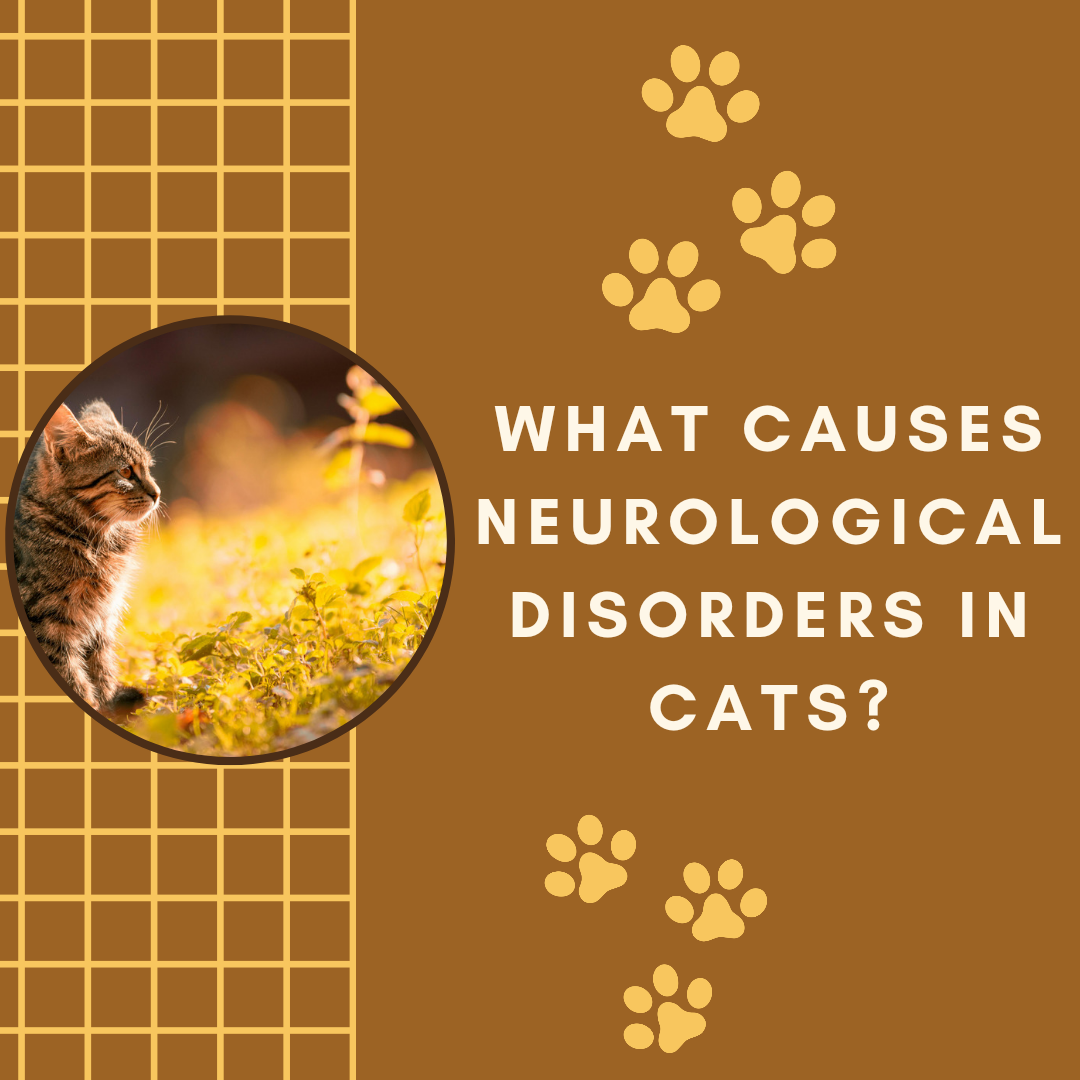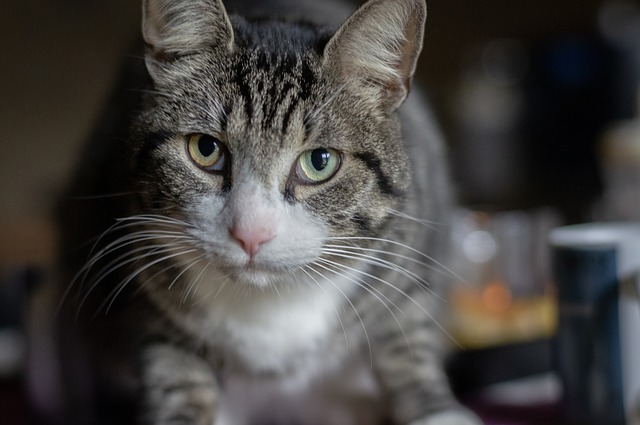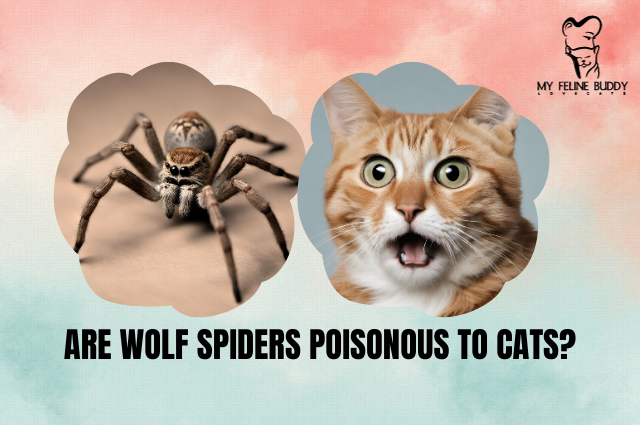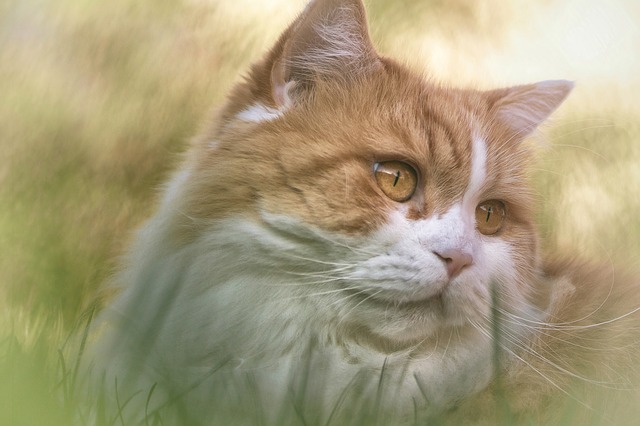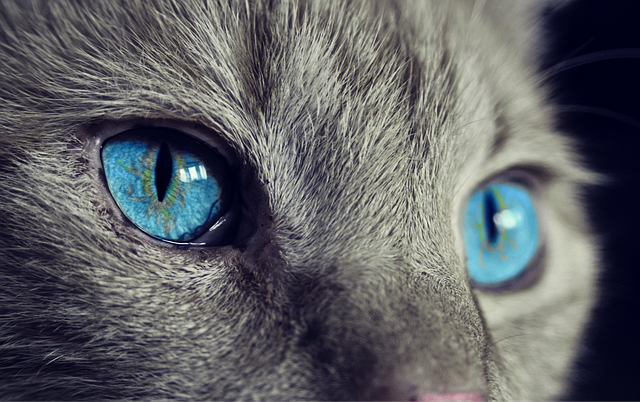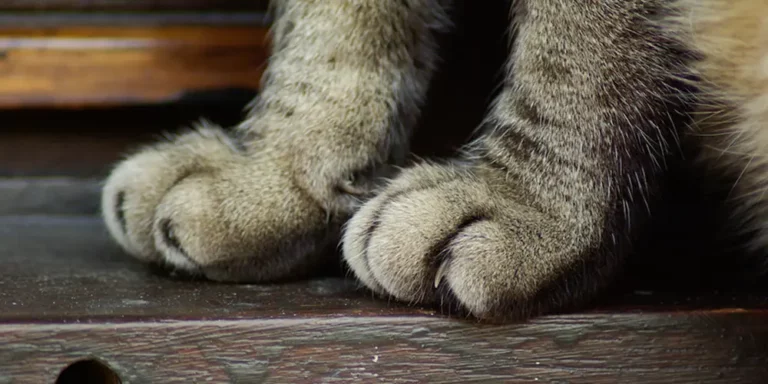What Causes Neurologic Disorders in Cats?
Neurologic disorders affect humans and animals alike and cats are no exception. Some neurologic disorders can be hereditary or congenital, which means that the
Others can be the result of trauma, diseases such as meningitis or encephalitis, or merely dementia, which is known to affect many senior cats.
In today’s article, we’re looking at everything you should know about
What causes feline neurologic disorders?
Some cats can be born with these health issues, in which case they are either congenital or inherited from their parents. The so-called cat Down syndrome isn’t a disease per se in this species in that it does not have the same causes as it does in humans, and its clinical manifestations differ, too.
However, kittens can be born with neurologic disorders for various reasons, including infections that the mother has acquired while she was pregnant.
For example, some of the most common health conditions that result in cats being born with various neurologic disorders are Feline Immunodeficiency Virus, FIP, and FeLV.
Older cats can show a variety of neurologic symptoms either because they develop dementia just like humans and other animal species do — just because they grow older.
But some cats can also develop brain tumors or neoplasms of the nervous system, which can impair them or make them act differently, suffer from seizures, or simply the inability to control some parts of their bodies.
Congenital or inherited feline neurologic disorders
The feline distemper virus causes some of the most significant changes possible on a kitten’s cerebellum, and this can happen while the kitten is still a fetus.
Cats that are born with this health issue can live long and happy lives, but their behavior might differ from their counterparts.
The cerebellum is the part of a kitten’s brain that determines coordination, so the most likely noticeable problem that these pets have is that they cannot walk straight.
There’s another congenital problem that some cats can have, and it affects their hydrocephalus.
Some congenital neurologic issues might not cause any symptoms at all during the first two to three years of the animal’s life. This makes diagnosis quite challenging — and some cats can develop epilepsy when they grow older.
Making sure that your
General health disorders and their link to neurologic problems
Although vitamin deficiencies in well-cared-for cats are quite uncommon, those that don’t get enough vitamin B1 from their diets can show a variety of symptoms.
Luckily, most of these abnormalities are reversible, especially if the
Some of the typical symptoms that a
- Seizures
- Loss of motor control
- Coma
If your
Diagnosis
Your veterinarian will employ a number of tests and examination methods to tell just what is wrong with your
A physical examination can reveal how your pet’s reflexes work, whether he or she is in pain, and other such details, but when it comes to feline neurologic disorders, they often require more tests, such as MRI or CT.
These imaging methods can reveal if the
Can cat neurologic disorders be treated?
The therapy that your vet will choose and recommend depends on the exact type of condition the
For example, vestibular disease, seizure disorders, or cognitive dysfunctions are all treated using different medications and procedures.
For brain tumors, surgery might be a solution, but alternate therapies also exist, such as chemotherapy or radiation therapy. Malignant tumors do not have a good prognosis, but benign one, called meningiomas, can be removed using an operation.
The treatment of hyperesthesia syndrome usually involves performing changes on the
Cognitive dysfunction, which mostly appears in senior cats, doesn’t have a particular cure, but there are supplements and drugs that can slow down its progression and make management a lot easier.
Vestibular disease is often the result of an untreated ear infection, and with the appropriate therapy, the neurologic symptoms can subside and then even disappear.
Encephalitis and meningitis can be treated using a variety of medications, but some of the first are mostly geared at decreasing the inflammation.
Depending on the exact cause of these health issues, the
Is there any way to prevent neurologic disorders in cats?
Unfortunately, the answer to this question is no.
As you might have noticed, there is a truly large range of neurologic disorders that can affect this species and preventing them all would be impossible.
Dementia in geriatric cats isn’t preventable, either, since once it was developed, everything you can do is make management easier for yourself and your pet.
However, making sure that your
Indoor cats are also much, much less likely to suffer from trauma, including lesions that can affect their nervous system.
Although continuous management of certain neurologic complications resulting from trauma does now exist, you probably know that outdoor cats can be hit by cars or get bitten by other animals, so keeping your
Cats that get enough play and physical and mental stimulation are also less likely to develop cognitive dysfunction when they age.
They might begin to forget, like senior humans might, too, but they might not experience symptoms of dementia.
So make sure that you play with your
In addition to that giving your
B1Vita-Paws is the ultimate health boost for your feline friend. These tasty chews, packed with essential vitamins, including B1, promote a shiny coat, help with neurological disorders and overall well-being, ensuring your cat stays happy and healthy with every delightful treat.
